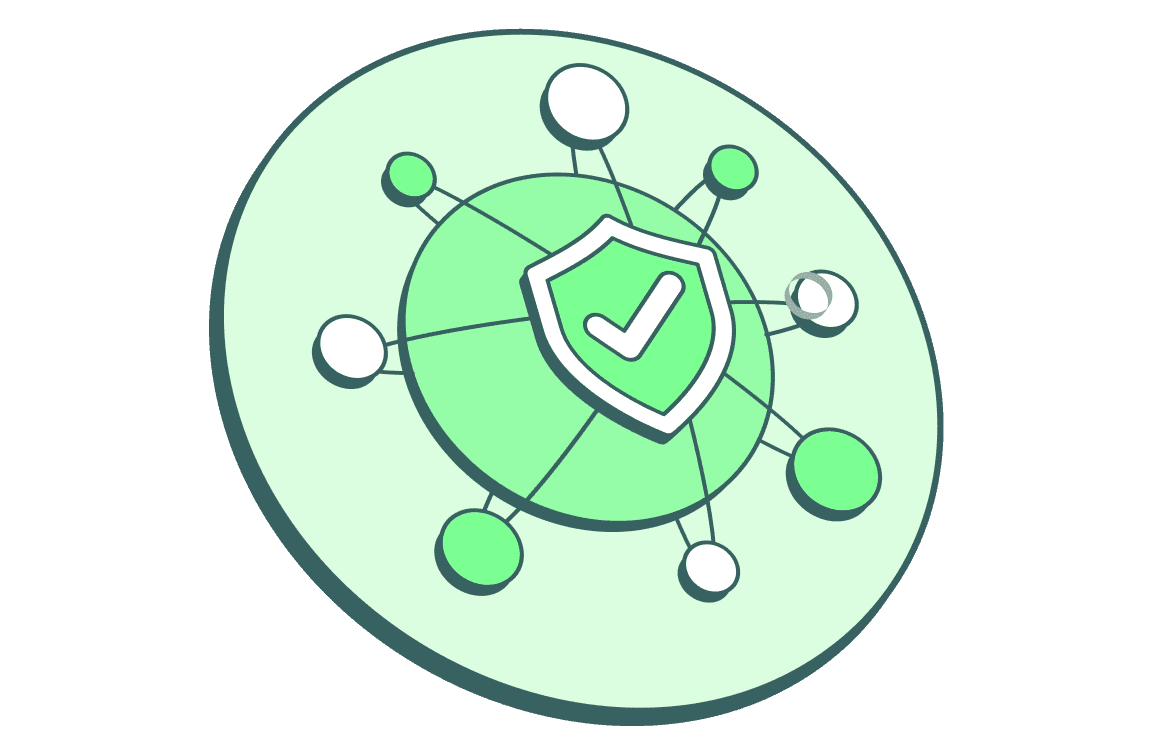What Model Context Protocol Means for Non-Human Identity
Jun 12, 2025
Artificial intelligence agents are quickly becoming a crucial part of digital transformation initiatives. These AI agents—powered by advanced Large Language Models (LLMs)—are now integral extensions of Non-Human Identities (NHIs), joining the ranks of traditional service accounts, API keys, and transaction tokens. With the rise of these intelligent entities, organizations face new complexities around governance, security, and lifecycle management. Enter Model Context Protocol (MCP), a framework introduced by Anthropic designed to streamline and secure how AI agents connect to enterprise data and systems.
AI Agents: More Than Lifeless Service Accounts
Unlike conventional NHIs, AI agents aren't simply passive entities executing basic scripted functions. They perform programmatic tasks, dynamically making decisions and generating outputs based on context and objectives. This proactive nature separates AI agents from static service accounts or API keys, which typically perform predictable, limited functions.
However, despite their dynamic capabilities, AI agents don't possess interactive or human-like consciousness. They operate autonomously within predefined parameters, acting programmatically rather than interactively. Yet, the scale of their capabilities—and their potential prevalence—means organizations must rethink how these agents are managed, monitored, and secured.
Productivity Gains and Governance Challenges
AI agents promise massive productivity gains. They can automate complex workflows, integrate seamlessly across applications, and optimize processes with unprecedented efficiency. Many industry analysts predict a future where AI agents vastly outnumber human users, with ratios potentially reaching hundreds to one.
This extraordinary potential introduces significant governance challenges. An unmanaged proliferation of AI agents can quickly spiral into security vulnerabilities, compliance issues, and operational chaos. The risk escalates as the number of AI agents grows, potentially opening organizations up to unauthorized actions, data breaches, and regulatory penalties if not properly governed from the outset.
Lifecycle Management and Governance of AI Agents
Effectively governing AI agents requires careful management of their identities throughout the entire lifecycle. This includes clear assignment of privileges, continuous monitoring of behavior, timely rotation of credentials, and revocation of access when no longer needed.
Traditional NHI management processes—such as those used for conventional service accounts—may not directly translate to AI agents due to their complexity and autonomy. Still, governance remains essential. AI agents must be managed under clear frameworks to ensure they operate securely, effectively, and compliantly.
How MCP Empowers Secure AI Agent Integration
Model Context Protocol significantly simplifies these governance challenges by securely connecting AI agents to enterprise data and systems. MCP allows precise, context-driven control over AI agent access, making it easier to assign appropriate privileges based on an agent’s function and the sensitivity of data or systems it interacts with. MCP also facilitates detailed auditing and monitoring, crucial for regulatory compliance and risk management.
In summary, as AI agents become prevalent components of organizational workflows, robust governance and lifecycle management will become critical. MCP provides a structured approach to managing AI agents effectively, ensuring organizations can safely leverage the immense productivity and innovation these intelligent non-human identities offer.
By adopting MCP early, organizations can ensure secure, compliant, and scalable use of AI agents, proactively addressing potential security and compliance issues before they escalate.


